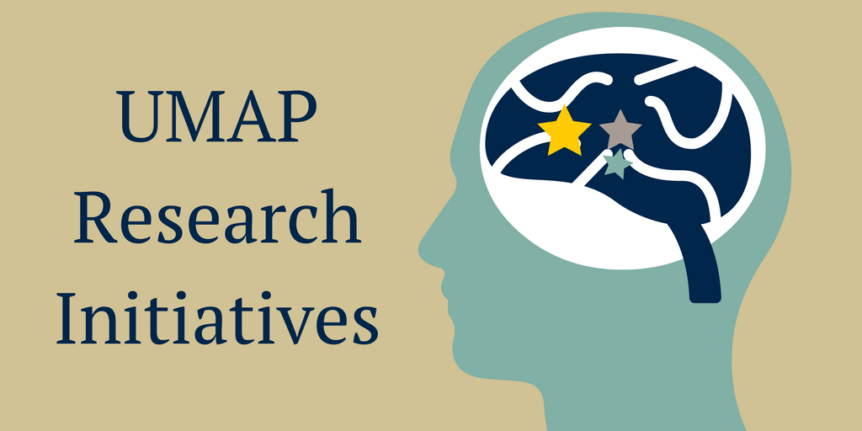A new method for potentially treating language disorders and prompting language recovery has emerged. Transcranial Direct Current Stimulation (tDCS) is a form of brain stimulation researchers are exploring as treatment for a number of conditions, including aphasia.
Aphasia is a speech-language disorder that can occur when a stroke, head trauma, or illness causes injury to the language centers of the brain. Researchers at the University of Michigan Aphasia Program (UMAP) are conducting a pilot study to examine the impact of tDCS on intensive therapy outcomes for people with aphasia. The program began in early 2017 and will continue contingent on funding.
What Is tDCS?
In tDCS, low levels of electrical current are constantly delivered to specific brain regions. Typically the current is given for 20 minutes, but can range from just a few minutes to half an hour at a time. Though it may sound otherwise, tDCS is non-invasive and painless. It has been proven to be safe in many applications and has a long history of effective use for other conditions. The most common side effects are tingling or itching of the scalp and redness of the skin where the small electrodes have been attached.
tDCS can employ one of two modes of stimulation: anodal and cathodal. Anodal stimulation excites neuronal activity, while cathodal reduces or inhibits neuronal activity. Studies have used both anodal and cathodal stimulation; researchers’ theories of how language is represented in the brain drive the approach. The UMAP study primarily applies anodal stimulation.
Does tDCS Work?
The early results are promising and published research results suggest tDCS has the potential to enhance recovery of language functioning after stroke. It is important to understand, though, that not all studies have supported the preliminary results, and so far, documented benefits have generally been modest. Many questions remain unanswered, for example:
- What type of stimulation is best to use?
- Where should the stimulation be applied?
- How long and how frequent should the stimulation be for optimal language recovery?
The use of tDCS is currently not FDA approved for language recovery because the body of research is still relatively young and the outcomes of the treatments are still being collected. The UMAP pilot project aims to help build that body of research while exploring cutting edge techniques for those with aphasia and speech-language impairments.
“tDCS has the potential to help clients with aphasia, but there are a lot of unanswered questions, and specifically, no research has looked at the impact of tDCS on intensive speech and language therapy outcomes,” said Dr. Persad. “By inviting people who meet research qualifications and who are receiving clinical care at UMAP to participate in the study, we can begin to answer those questions.”
UMAP Research
The UMAP research project will specifically target the unknowns related to speech and language, narrowing in on where, how long, and what kind of stimulation is best for those working toward aphasia recovery.
“One day we hope to develop a targeted stimulation model that is individualized for each client. We could then combine it with the best speech and language treatment options available to maximize recovery,” said Dr. Persad. “We have a ways to go before that, but each step in the research takes us a step closer to understanding how this treatment may or may not be effective in language recovery.”
Support for the Research
This research is currently funded internally as a pilot study and will continue contingent upon further funding.
Learn More
To learn more about UMAP research initiatives, visit the UMAP Research page.
[contact-form-7 id=”1359″ title=”Contact Us-UMAP”]
About UMAP
For 8o years, people with aphasia have come from around the world to receive the highly individualized and concentrated therapy offered at UMAP. Our intensive course of therapy can result in significant improvement in communication skills over time. While each client is different, we have seen gains occur regardless of severity, type of aphasia (those with global aphasia also respond positively to intensive therapy), education, age, or stage of recovery.
UMAP is part of the University Center for Language and Literacy at the University of Michigan Mary A. Rackham Institute (MARI).

